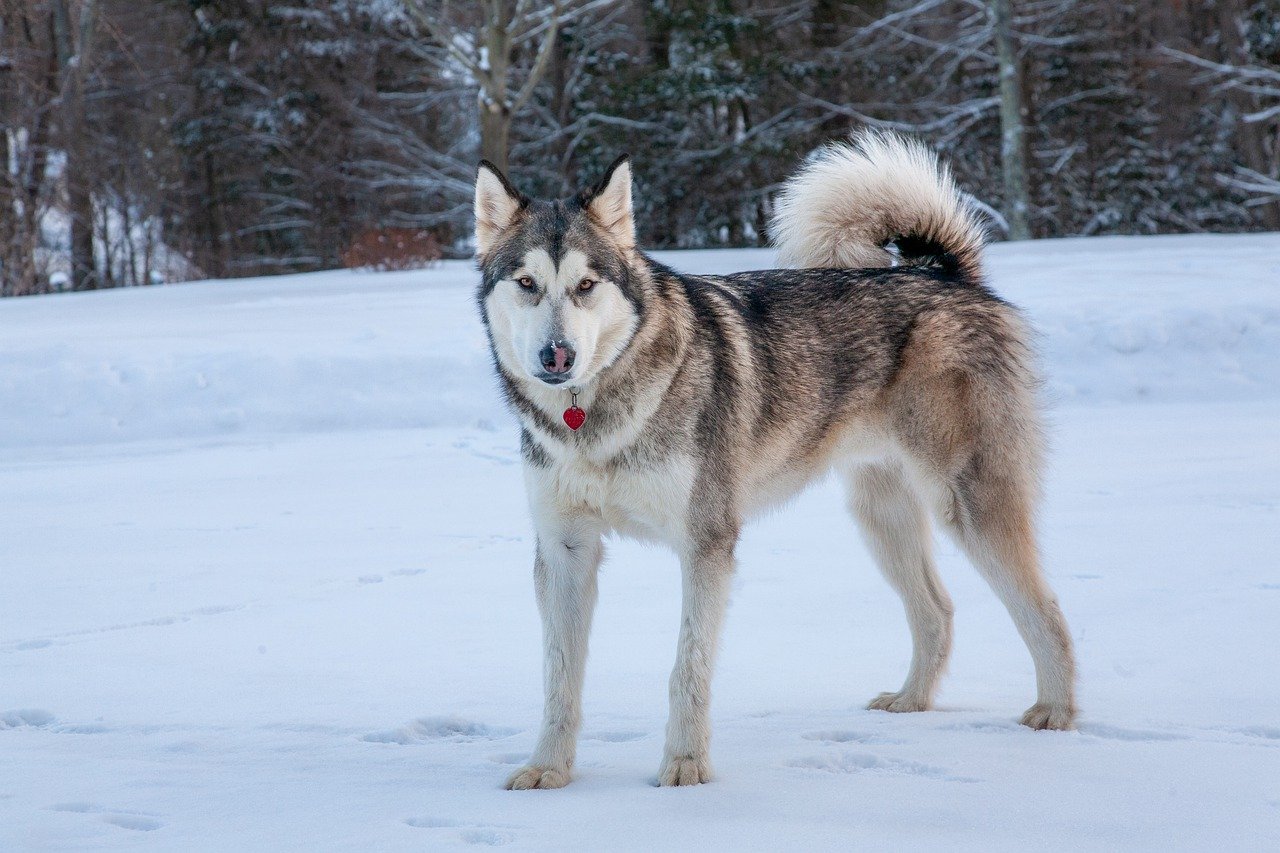 Shutterstock
Shutterstock
Certain dog breeds possess instincts that make them well-suited for survival in tough situations. Whether bred for harsh climates, hunting, or protection, these dogs know how to thrive in challenging environments. While many enjoy indoor comforts, these breeds can navigate obstacles, find food, and endure difficult conditions with intelligence, agility, and resourcefulness. If you’re looking for a resilient dog or curious about which breeds excel at survival, these dogs stand out for their ability to easily adapt and thrive in the wild.
Siberian Husky
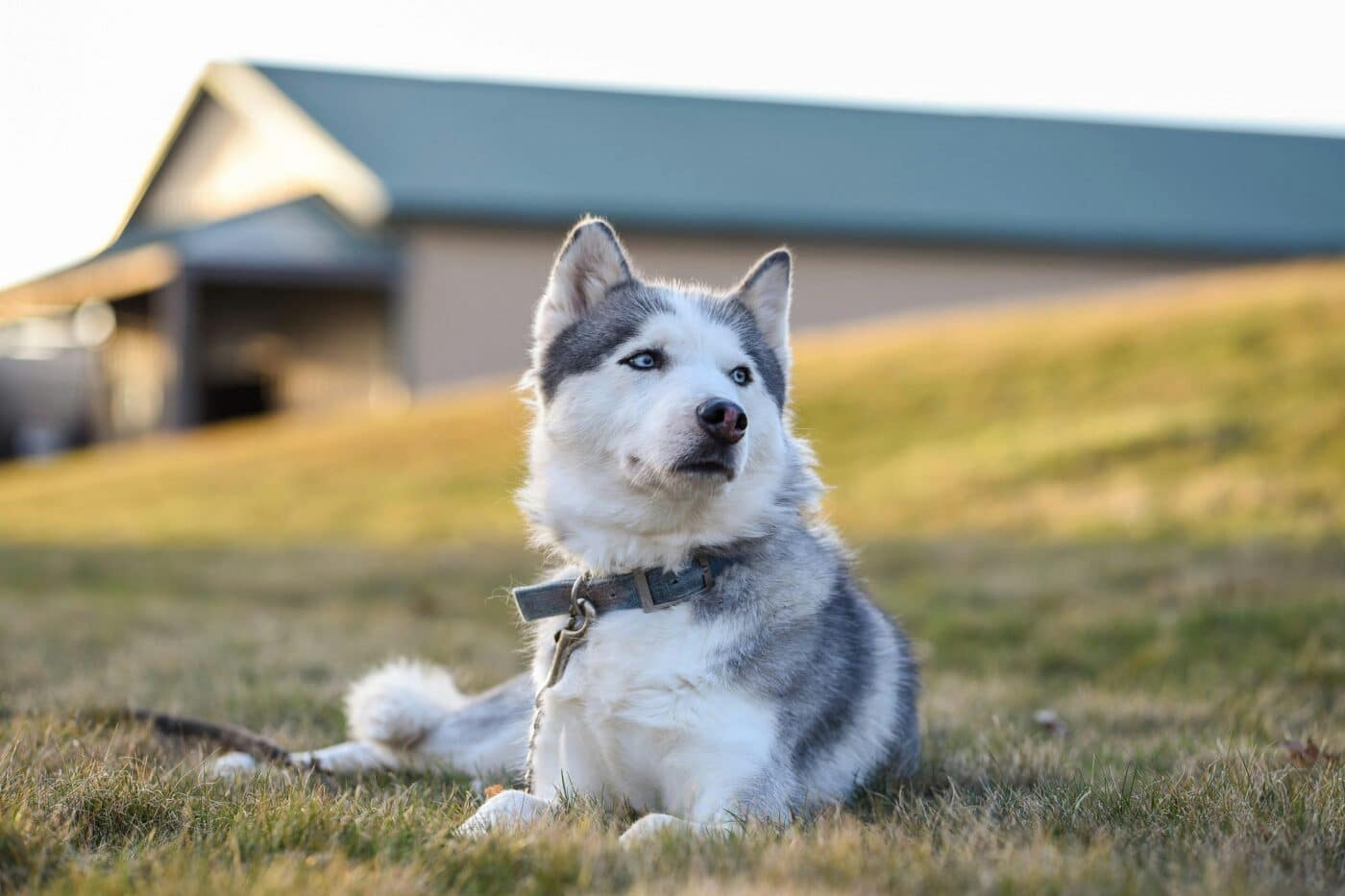 Shutterstock
Shutterstock
Siberian Huskies are perhaps one of the most well-known breeds for surviving extreme environments. Originally bred by the Chukchi people of Siberia to pull sleds over long distances in freezing temperatures, Huskies are natural survivors. Their thick double coat helps them endure sub-zero conditions, while their high energy levels enable them to cover large distances without tiring. Huskies are also independent thinkers, often making quick decisions in challenging situations. They can conserve energy when needed and have an incredible sense of direction, allowing them to navigate unfamiliar terrains easily. Whether they’re braving the elements or leading a team across icy landscapes, Siberian Huskies have the survival skills to thrive in some of the harshest environments on Earth.
Australian Cattle Dog
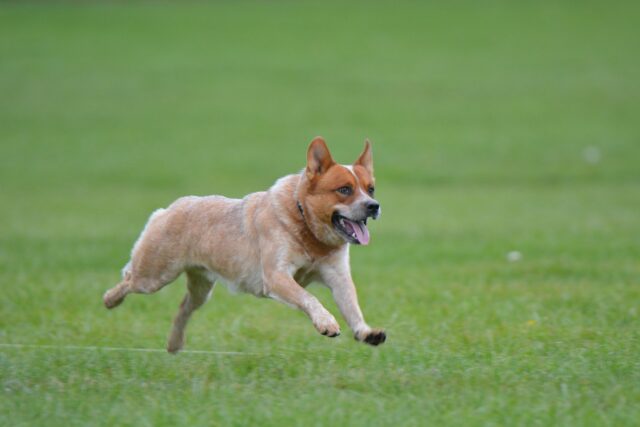 Shutterstock
Shutterstock
The Australian Cattle Dog is a breed that thrives in tough, rural environments thanks to its intelligence, stamina, and adaptability. Bred for herding livestock in the rugged outback, these dogs have a natural instinct to think on their feet and solve problems quickly. Their survival skills are honed from years of working independently, often in scorching heat or challenging terrain. Australian Cattle Dogs are known for their incredible endurance and ability to go long without food or water if necessary. Their strong work ethic, sharp instincts, and physical toughness make them formidable survivors in any environment.
Alaskan Malamute
 Shutterstock
Shutterstock
Like their cousins, the Siberian Huskies, Alaskan Malamutes were bred to work in extremely cold climates. These powerful dogs are known for their endurance and strength, particularly in snowy and icy conditions. Malamutes were originally used to haul heavy loads across long distances, and their muscular build and thick fur make them well-equipped for survival in harsh environments. They have strong hunting instincts and are excellent at foraging for food when necessary. Malamutes are also highly independent, capable of making decisions in the wild, and have a remarkable sense of direction, ensuring they can find their way even in the most remote locations.
Border Collie
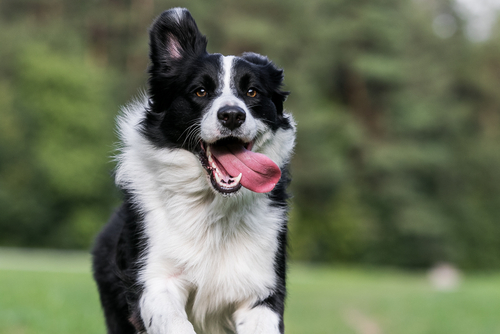 Shutterstock
Shutterstock
While Border Collies are often associated with herding sheep rather than survival, their intelligence and problem-solving abilities make them one of the most adaptable breeds in challenging situations. These dogs are known for their quick thinking and ability to assess situations rapidly, which comes in handy in survival scenarios. Border Collies have high energy levels and incredible endurance, allowing them to cover large areas in search of food or shelter. They also have a natural instinct for tracking and herding, so they can hunt or locate resources if necessary. Their combination of intelligence, agility, and perseverance makes them excellent at surviving even the toughest environments.
Belgian Malinois
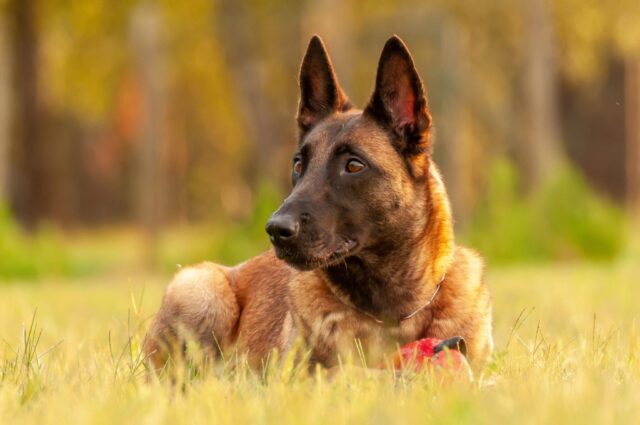 Shutterstock
Shutterstock
The Belgian Malinois is a breed that excels in survival situations due to its intelligence, agility, and strong work ethic. Often used in military and police work, Malinois dogs are trained to handle high-stress environments and think on their feet. Their quick reflexes and problem-solving skills make them ideal for tasks that require quick decision-making, such as search-and-rescue missions or survival challenges. Malinois are also highly athletic and have incredible stamina, allowing them to navigate rough terrains and endure long periods of physical activity. With their keen senses and ability to adapt to different environments, Belgian Malinois are natural survivors in demanding situations.
Basenji
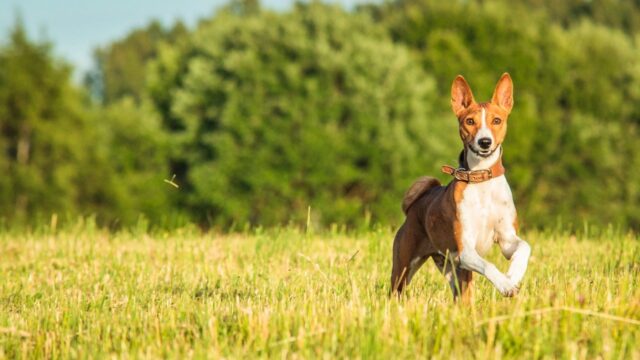 Shutterstock
Shutterstock
The Basenji, often called the “barkless dog,” may seem like an unlikely candidate for a survivalist, but this breed has an impressive history of resilience. Originating from Central Africa, Basenjis were used as hunting dogs and are known for their incredible speed, agility, and keen senses. Their independence and natural hunting instincts make them adept at surviving in the wild, where they can easily catch small game and navigate dense forests. Basenjis are also known for their cleanliness and ability to conserve energy, making them well-suited for survival in hot, challenging environments. Their resourcefulness and adaptability make them surprisingly capable in tough situations.
Akita
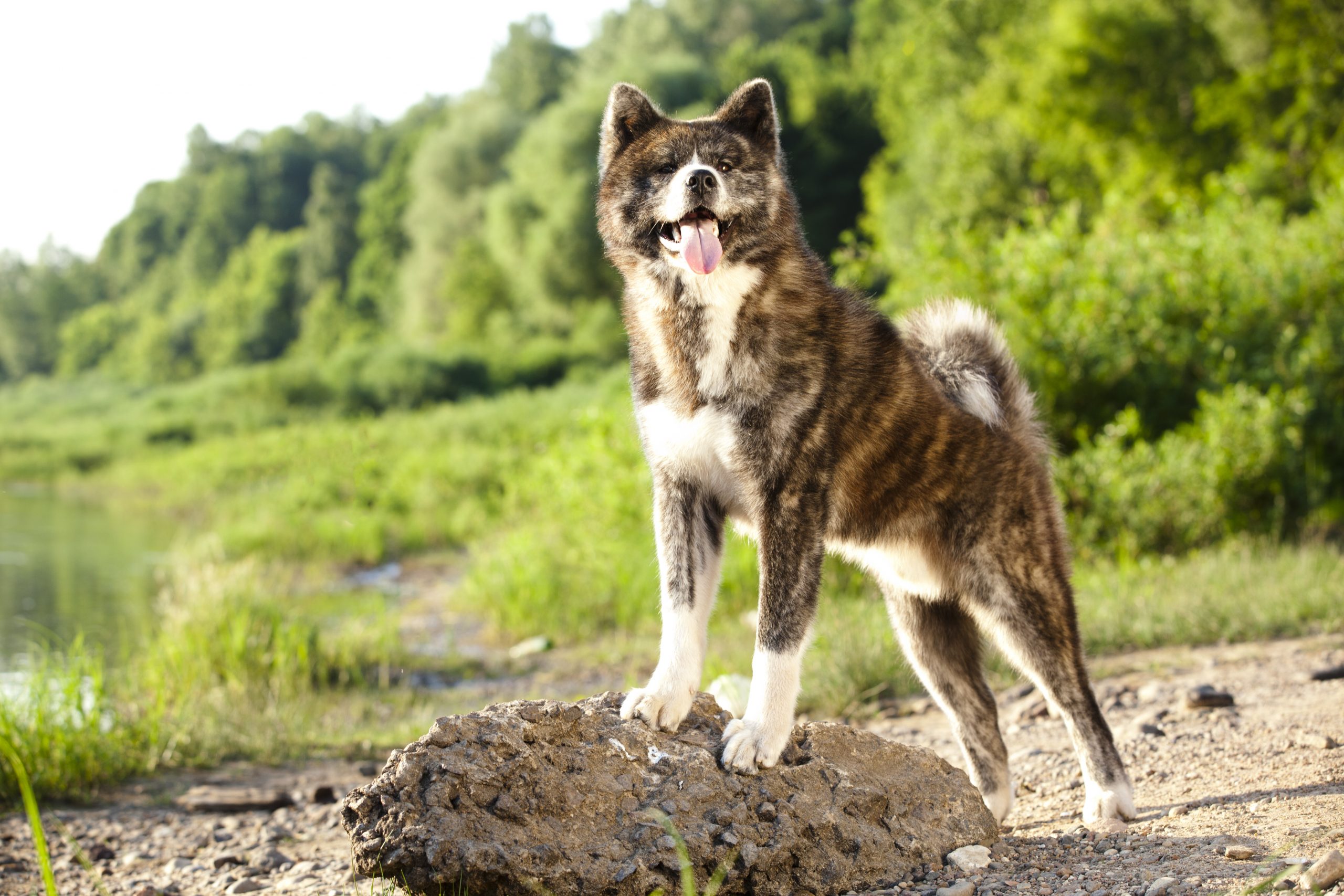 Shutterstock
Shutterstock
The Akita is a powerful, resilient breed that was originally used for hunting large game, such as wild boar and bears, in the mountains of Japan. Known for their strength, loyalty, and independence, Akitas have the survival instincts necessary to thrive in harsh conditions. They are incredibly protective and can ward off threats, whether it’s wildlife or environmental dangers. Akitas are also resourceful hunters, able to find food and shelter in the wild if needed. Their thick double coat protects against cold temperatures, and their muscular build allows them to cover large distances in search of resources. With their bravery and natural instincts, Akitas are built for survival.
Newfoundland
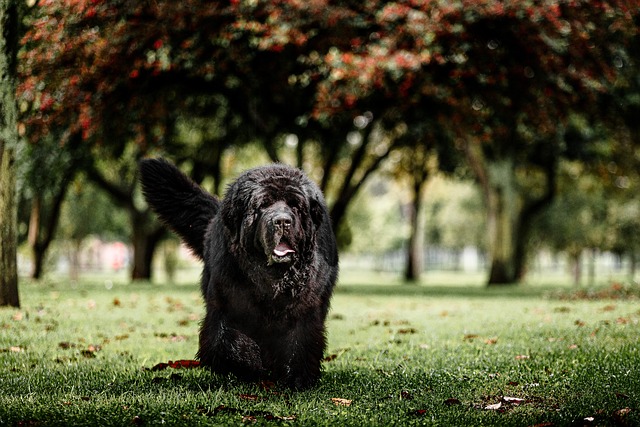 Shutterstock
Shutterstock
Newfoundlands are large, powerful dogs originally bred to work alongside fishermen in icy waters, where they excelled at rescue missions and hauling nets. Their strong swimming ability and water-resistant coat make them exceptional in aquatic environments, and they are often used in water rescues. Newfoundlands have a calm demeanor and a strong sense of loyalty, making them reliable in survival situations. Whether navigating freezing waters or enduring cold weather, these dogs are built for survival. Their natural instinct to protect and save and their physical strength ensure they can handle even the most treacherous conditions.
Shiba Inu
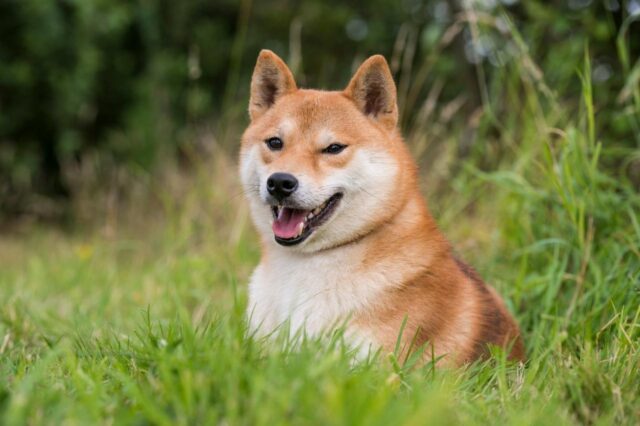 Shutterstock
Shutterstock
The Shiba Inu may be small, but this ancient Japanese breed is known for its independence, intelligence, and resilience. Shibas were originally bred for hunting in mountainous regions, and they possess natural instincts for tracking, foraging, and navigating rough terrain. Their agility and quick reflexes make them excellent survivors, able to evade danger and find food or shelter in the wild. Shiba Inus are also known for their strong will and independence, which means they are more than capable of fending for themselves in challenging environments. Despite their size, Shiba Inus have an impressive ability to adapt and survive.
Survival of the Furriest
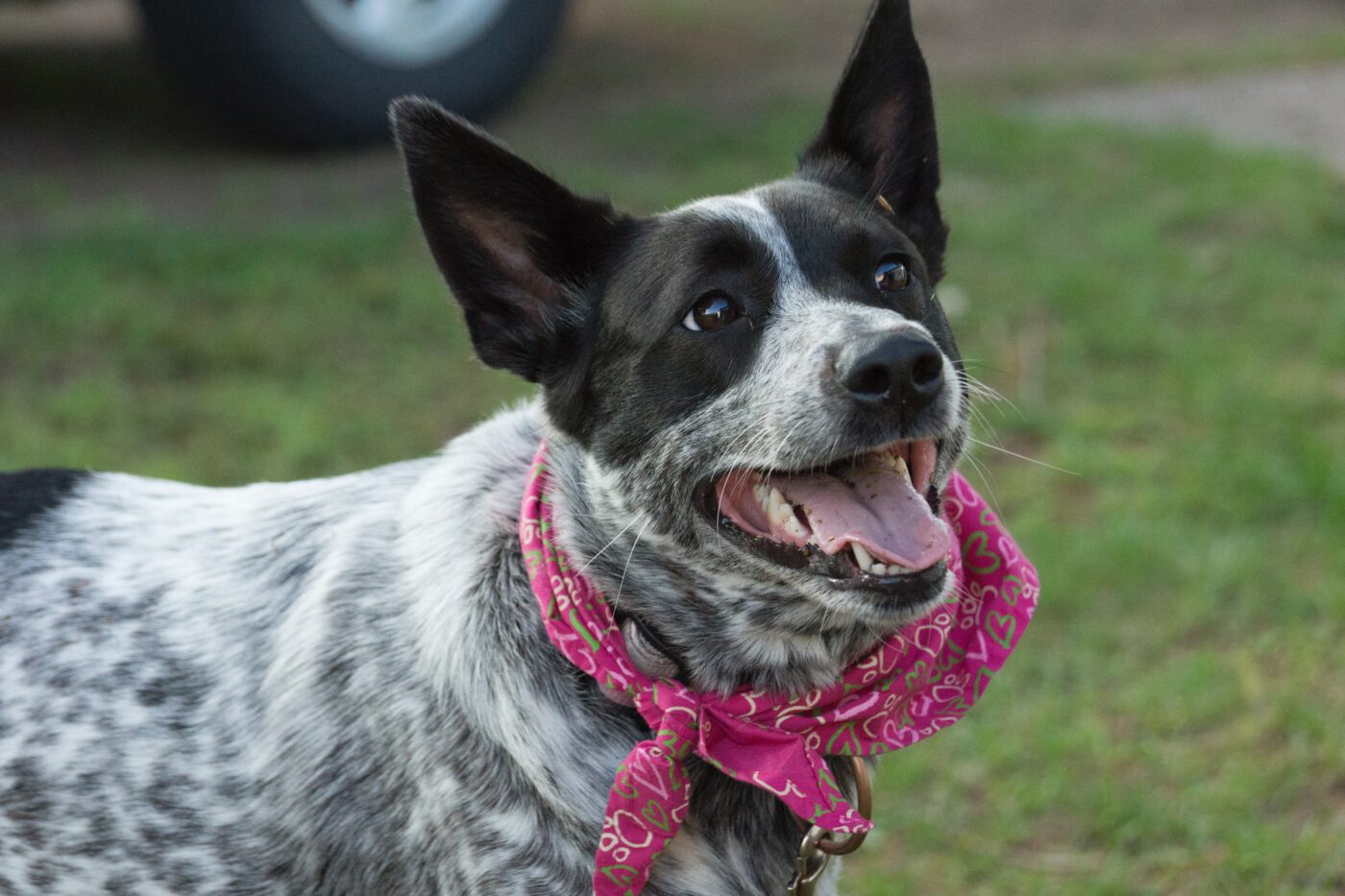 Shutterstock
Shutterstock
Regarding survival, these breeds prove that dogs aren’t just companions but masters of adaptability and resilience. From icy tundras to sweltering deserts, these dogs have the instincts, intelligence, and physical abilities to handle just about anything Mother Nature throws their way. Whether pulling sleds, hunting for food, or protecting their humans, these survival-savvy dogs are always ready for action. So, the next time your dog figures out how to open the fridge, remember—they’ve got survival skills that would make even the wildest adventurer proud!
 Toledo, United States.
Toledo, United States.